New Airline Regulations Start Today
Apr 20, 2011 | by Kevin Loughlin
 |
| An Alaska Airlines flight lifts off from the tiny airport in Petersburg, AK. photo © Kevin Loughlin |
There is some good news for airline travelers with lost bags or delayed flights. The Department of Transportation announces new passenger protection measures Wednesday.
It’s bad enough when an airline loses your checked bag. It adds insult to the injury when they’ve charged you to check that bag and you can’t get your money back.
Airlines will be required to refund any checked bag fee if that bag is lost. It only seems fair, but Transportation Secretary Ray LaHood says the airline industry had to be forced into it.
“The airline is not required to reimburse you for your baggage fee, believe it or not,” LaHood says. “People get so upset and mad that their bag didn’t make it, and then they find out that they’re not even going to be reimbursed? It’s ridiculous.”
On refunding bag fees for lost luggage, the Transportation Department decided not to require refunds for bags delivered late. Airlines are already required to compensate passengers for the value of lost bags, regardless of whether a fee was paid to check them.
The new rules also expand the ban on lengthy tarmac delays to cover international carriers. Only domestic flights had been affected by the earlier rule.
Now international flights on U.S. or foreign carriers can only keep you on the ground for four hours, with exceptions only for security or air traffic delays.
During last December’s blizzard in New York, passengers on at least one arriving flight sat trapped on their plane for 11 hours.
Airlines that break the rule can be fined up to $27,500 per passenger — more than $10 million for a fully loaded Superjumbo jet like the Airbus A380, although the government has never imposed anything close to the maximum.
Airlines also will be required to provide food, water, working toilets and medical care after two hours.
LaHood said the government instituted the new regulations because the industry wouldn’t.
“Competition has not taken care of these problems. We would not be addressing them if competition had done that,” LaHood says.
The new rules also require airlines to include fees and taxes in advertised prices, and to pay passengers more if they get bumped from oversold flights.
Currently, passengers get paid up to $400 or $800 depending on how long they’re delayed before catching a makeup flight. Those limits will be raised to $650 and $1,330.
Last year, airlines forcibly bumped 65,000 passengers, and another 681,000 took voluntary offers to give up their seats. Still, that’s a tiny fraction of 1 percent of all travelers. The higher limits could give savvy travelers leverage to cut a better deal for their seats after gate agents ask for volunteers.
Most of the new regulations will take effect in four months.
New Rules At A Glance
Most of the passenger-protection regulations issued Wednesday will take effect in four months. The U.S. Transportation Department’s new provisions include:
Tarmac Delays: Three-hour limit for U.S. flights has been expanded to include a 4-hour limit for international flights. Airlines that break the rule face fines of up to $27,500 per passenger. Also, food, water, working toilets and medical care must be provided after two hours.
Bag Fees: Airlines will have to refund bag fees for customers whose luggage is lost, but not for bags delivered late.
Getting Bumped: Compensation for passengers bumped off oversold flights has been raised to $650 and $1,330, depending on length of delay before passenger’s makeup flight. Current compensation is $400 or $800.
Advertising: Airlines will have to prominently disclose all potential fees — for bags, meals, reservation changes, seat upgrades, etc. — on their websites, and include taxes and government-imposed fees in advertised fares.
NPR’s Brian Naylor reported from Washington, D.C., for this story, which contains material from The Associated Press.
1 Comments
Leave a Comment
You must be logged in to post a comment.




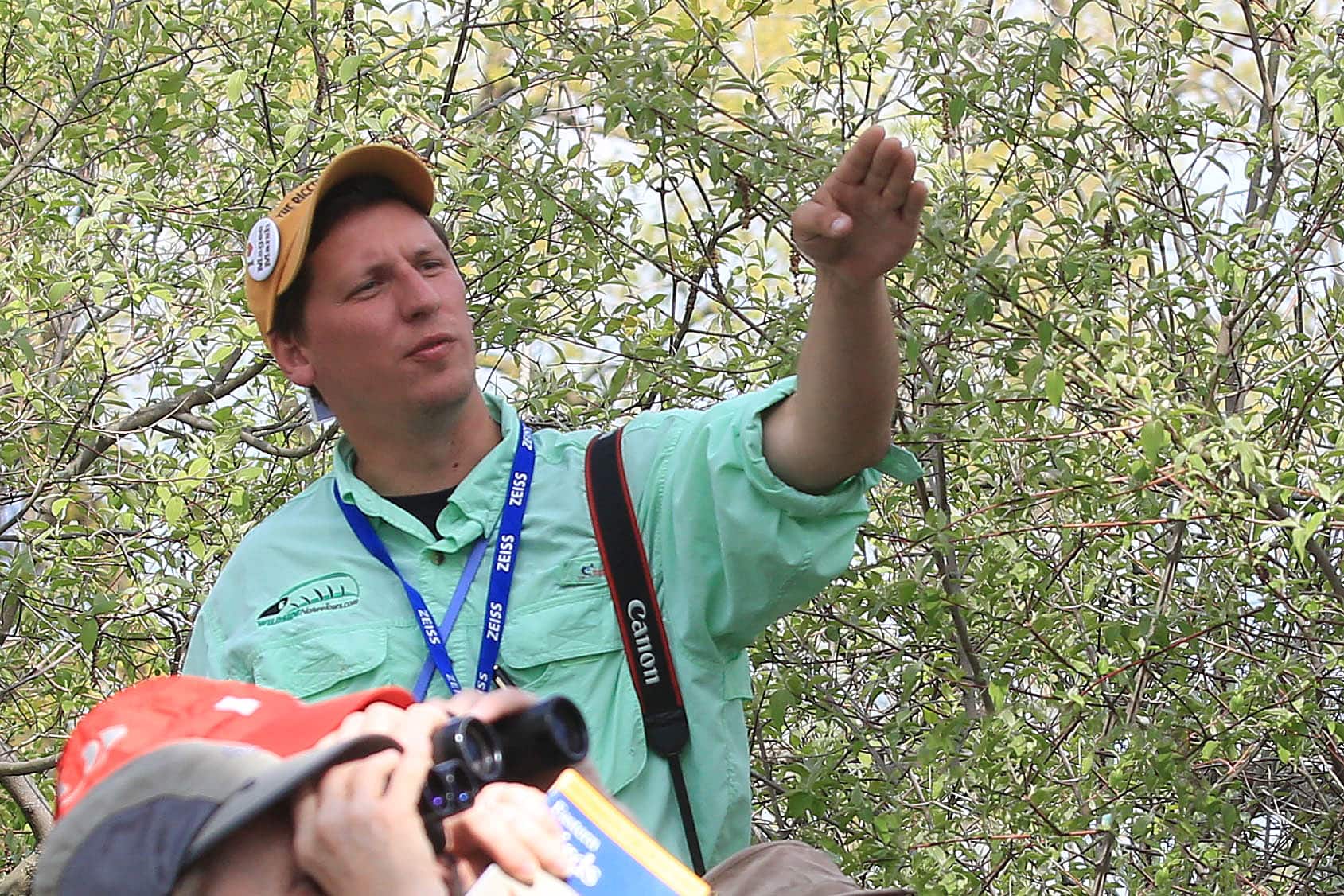




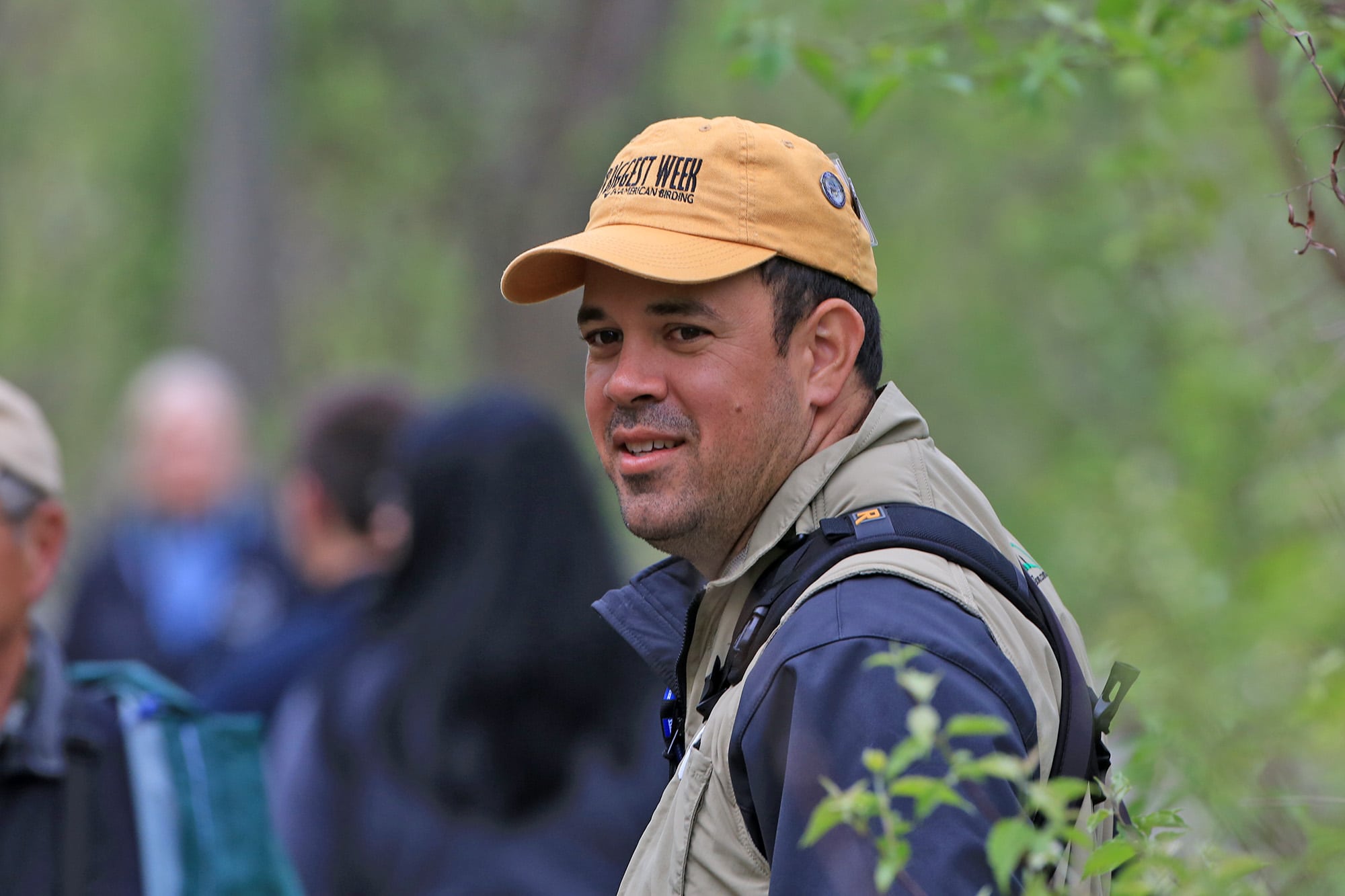
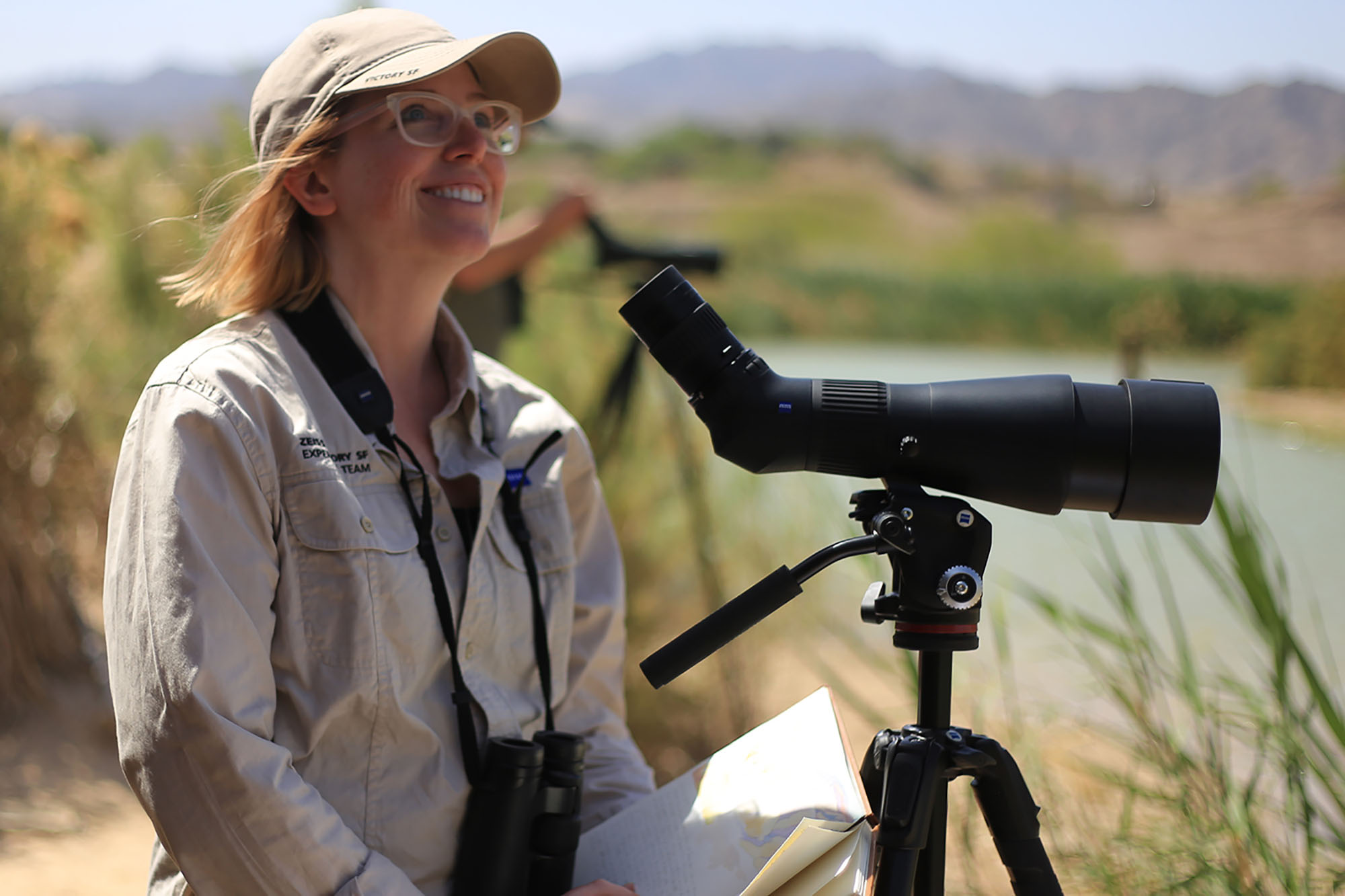





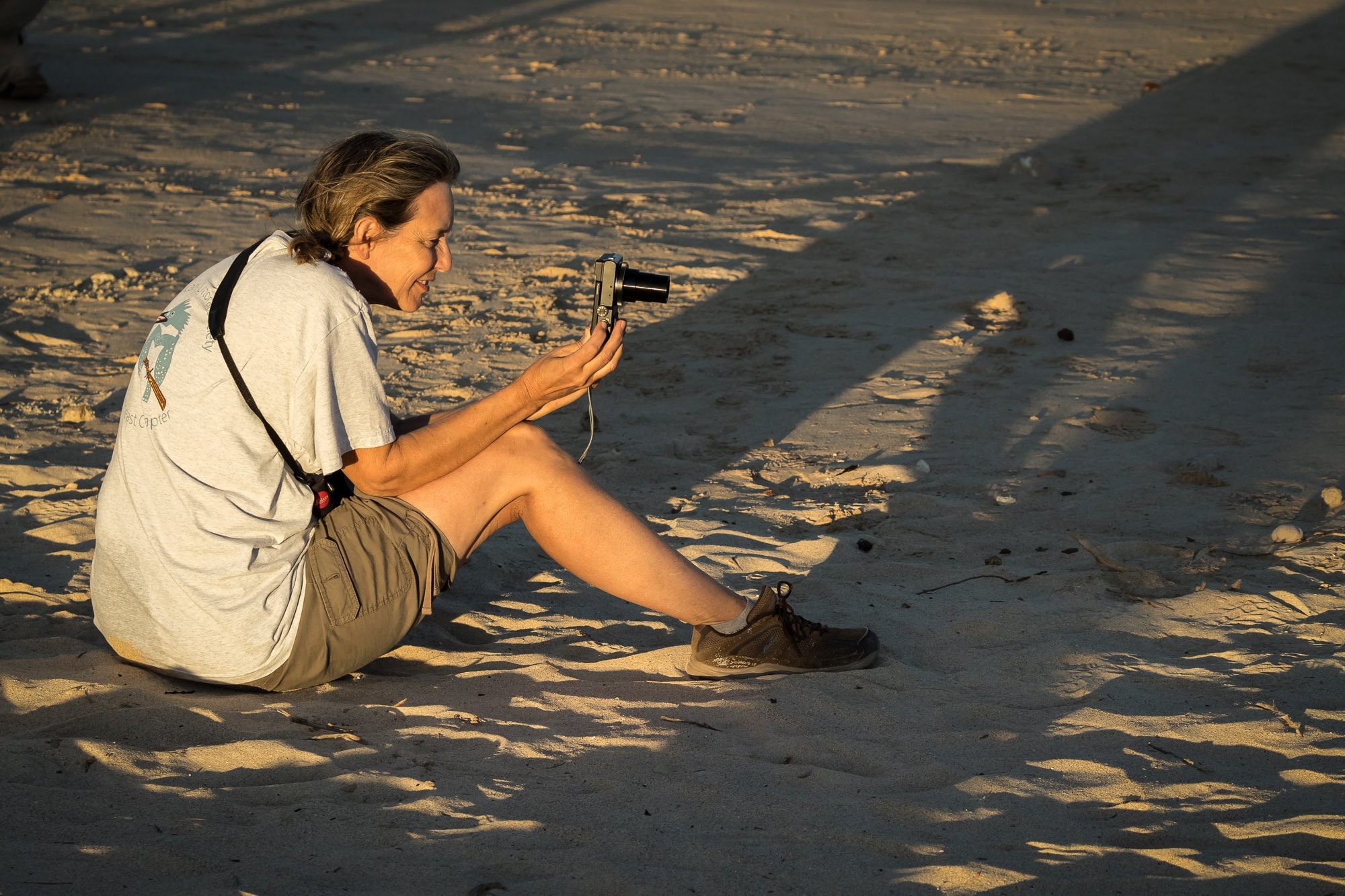



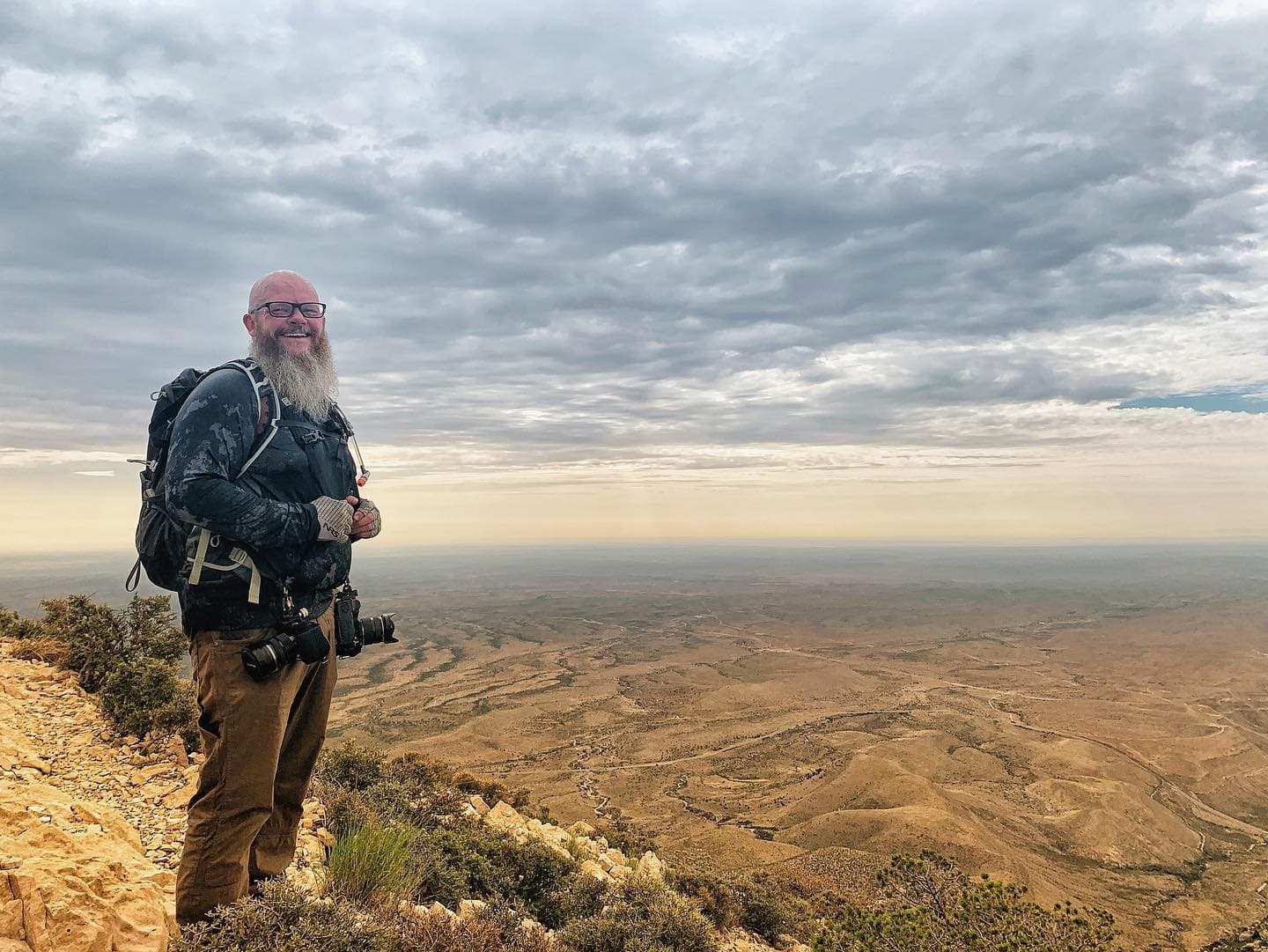
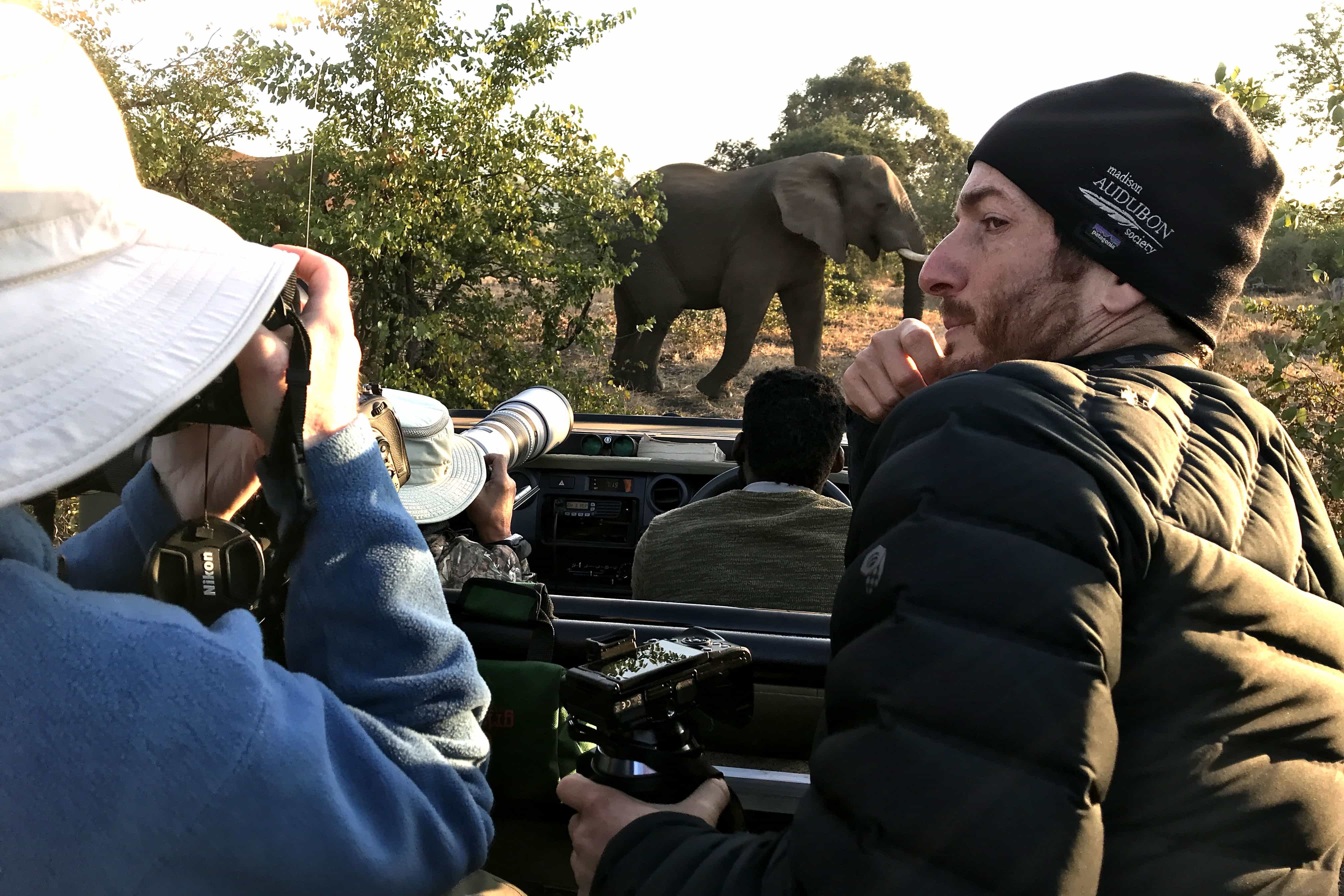
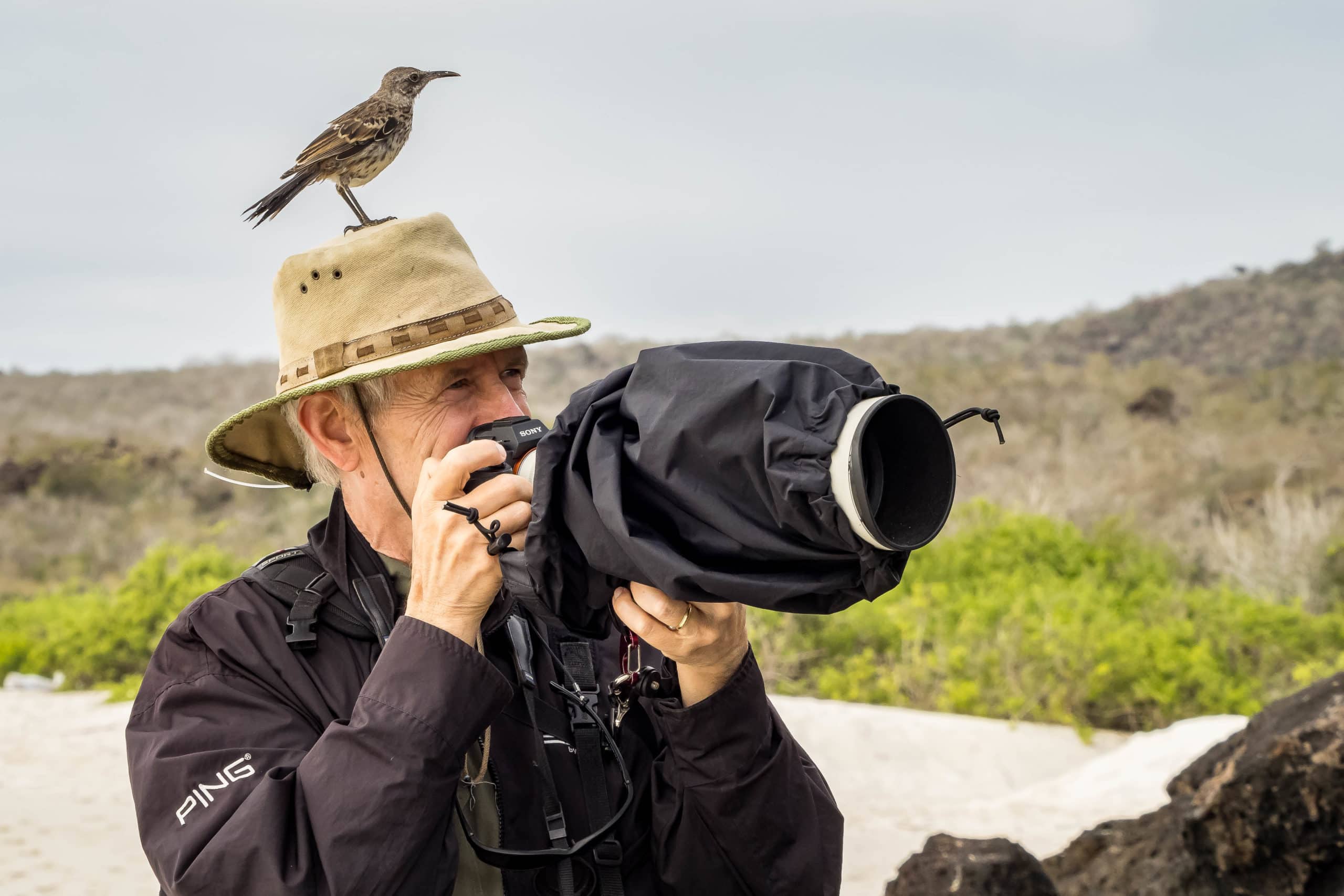


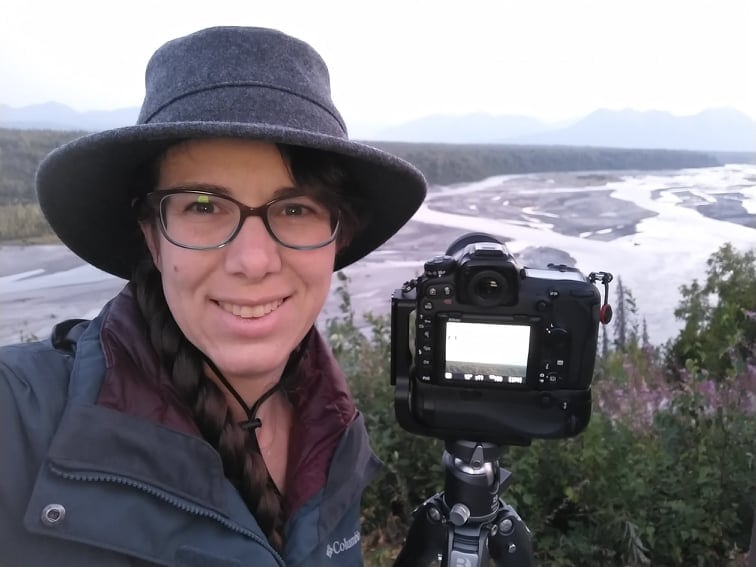
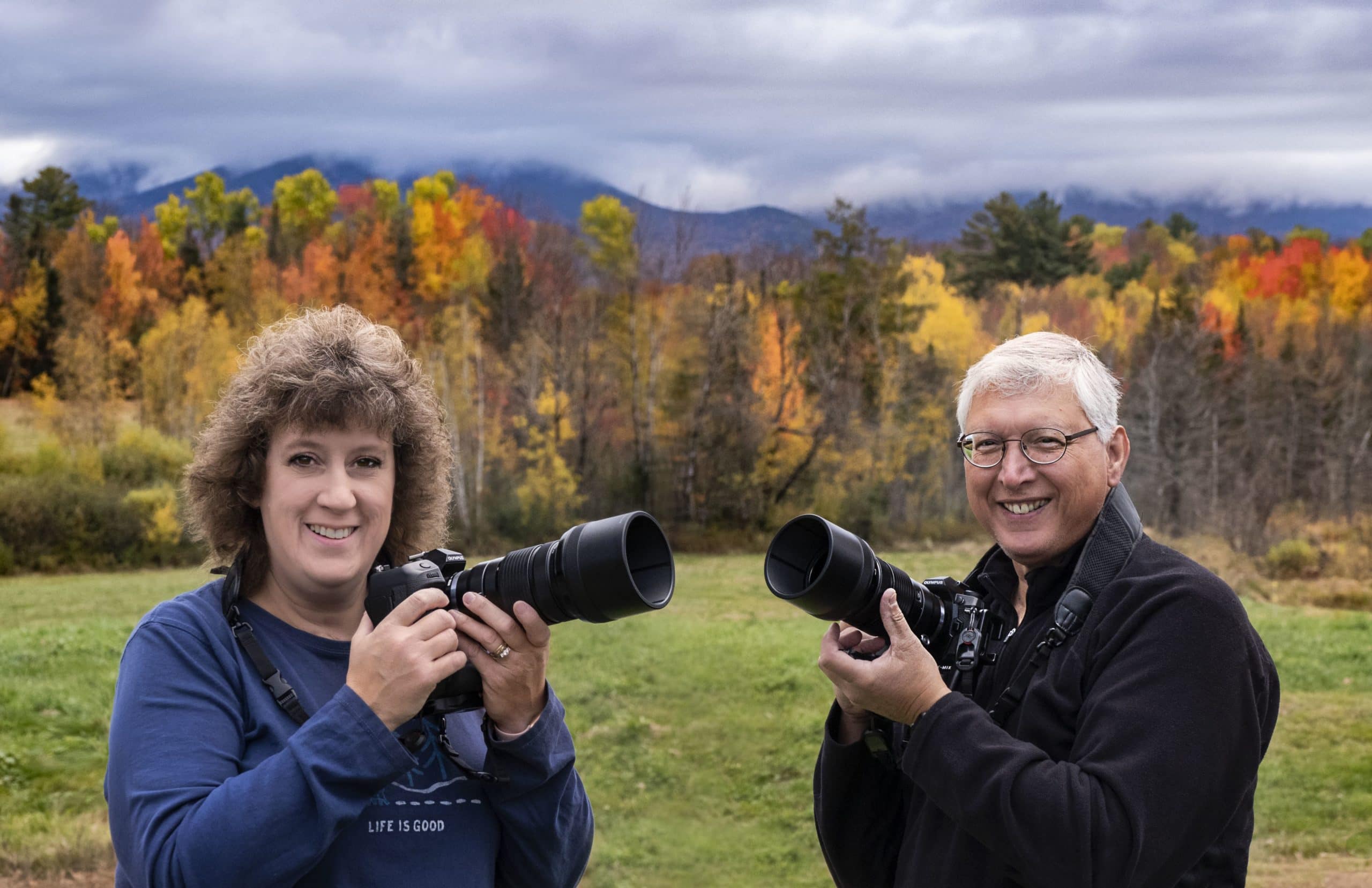
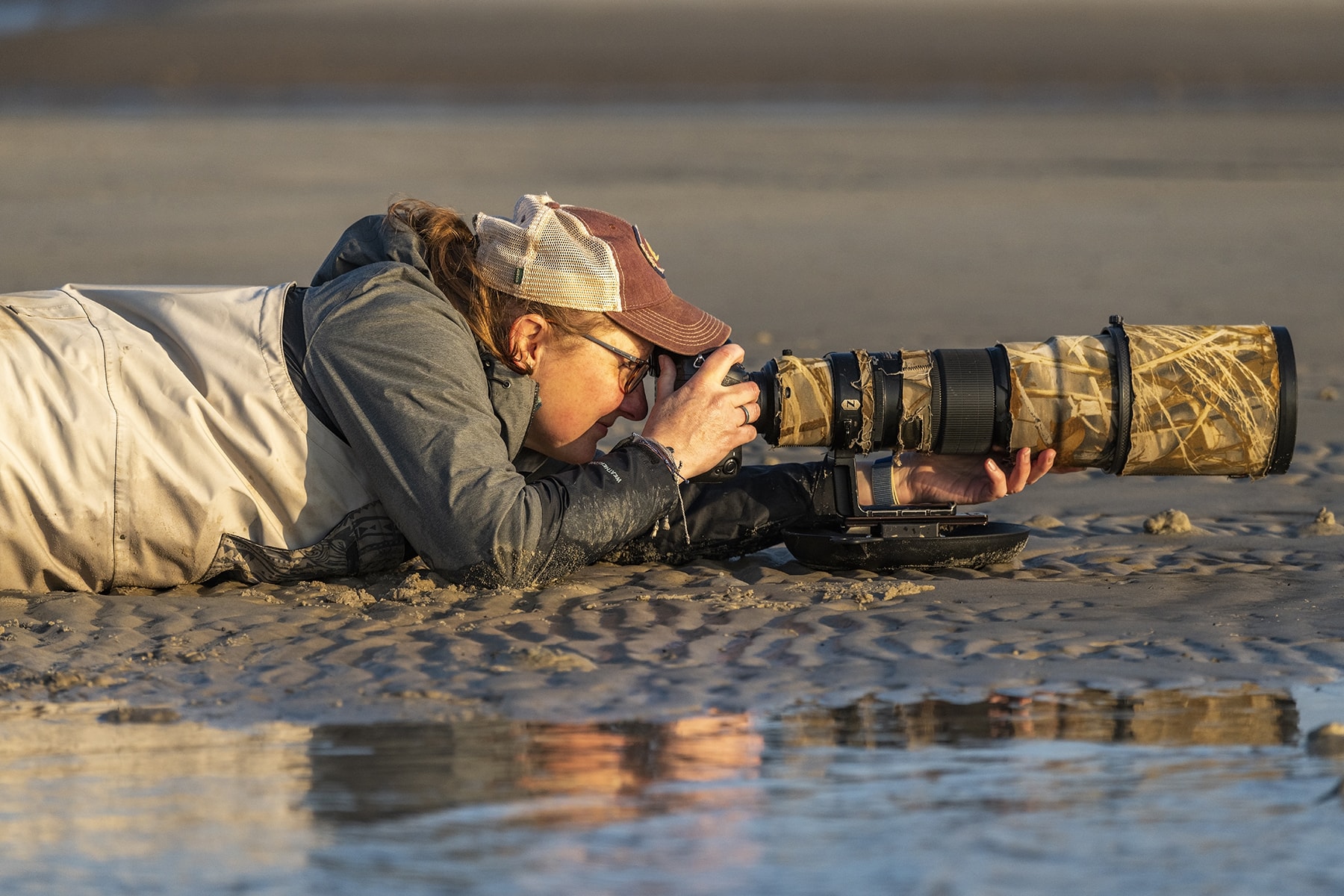

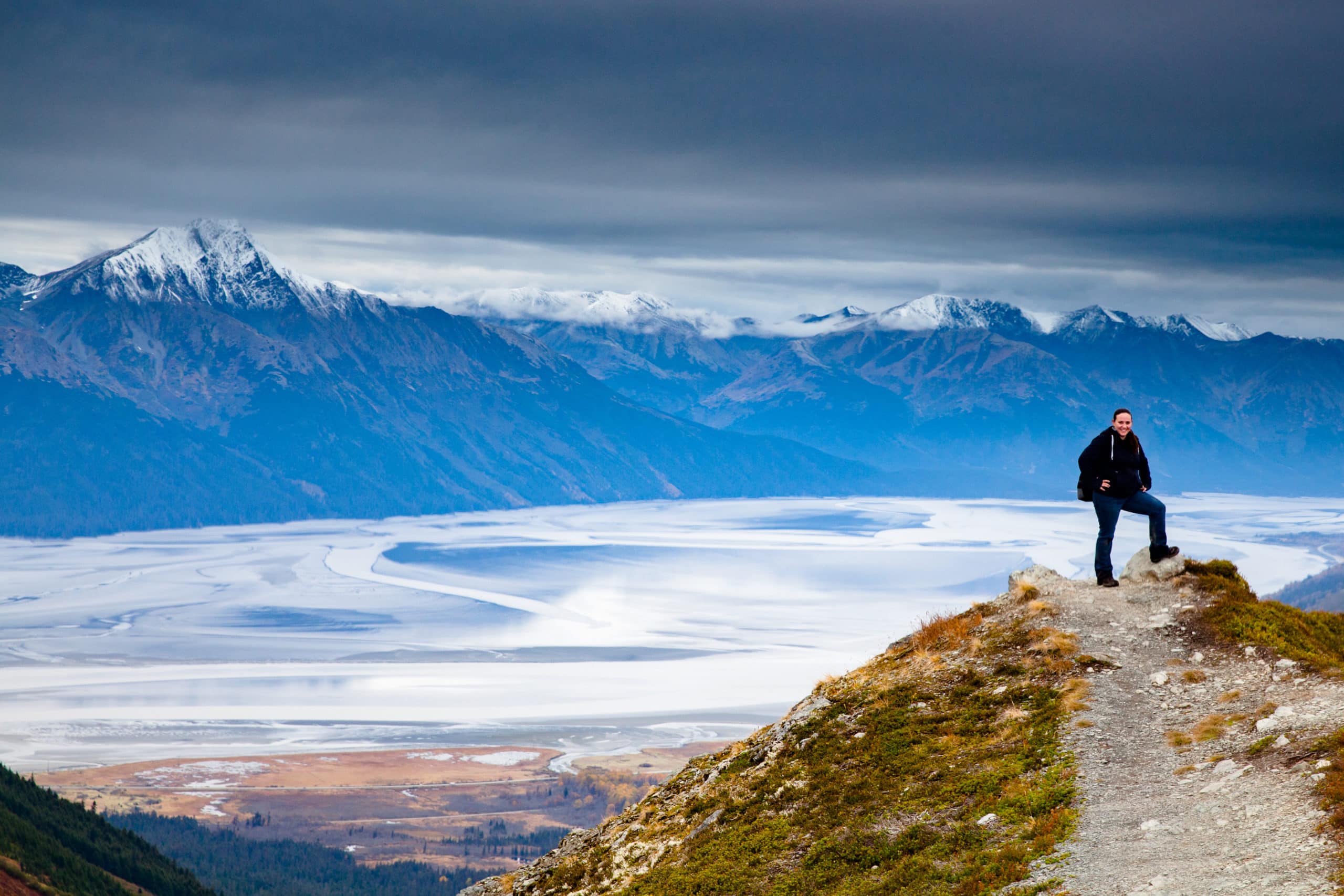



Greetings from Southern California
I am your newest follower.
I invite you to visit my blog and become a follower.
God Bless You and have a Nice Easter 🙂
~Ron